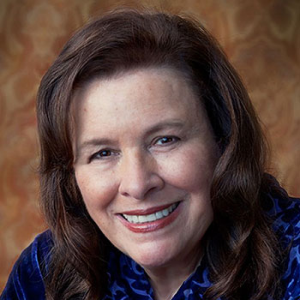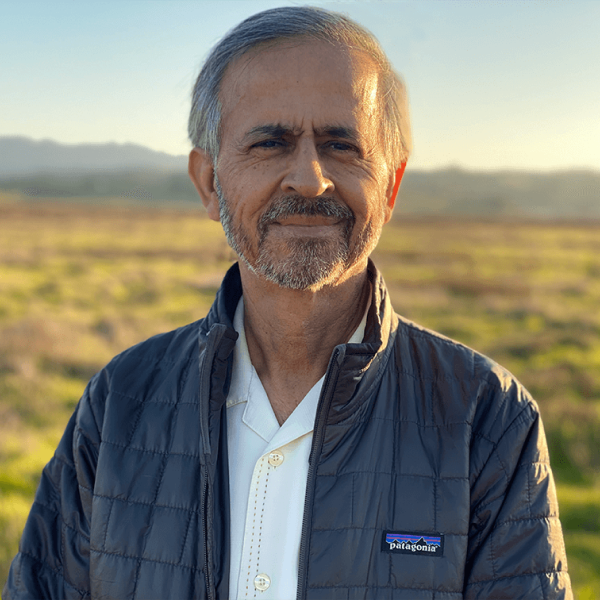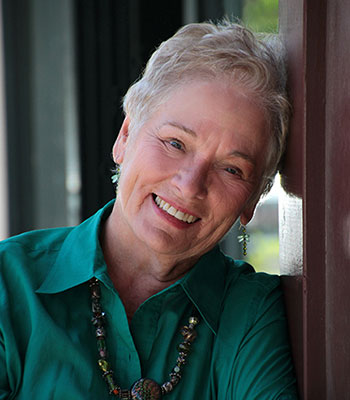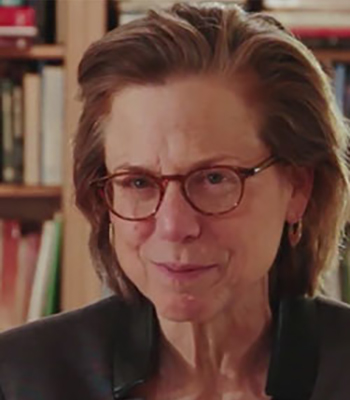The Emerging Story of Cultural Transformation:
With Jean Houston, Aftab Omer, Peggy Rubin, and Melissa Schwartz (July 27th and 28th – San Rafael, CA)
Another world is not only possible, she is on her way. On a quiet day, I can hear her breathing.”
Arundhati RoyThe Emerging Story of Cultural Transformation: Possible Worlds and the Rising Feminine
Culturally we are at an edge where we hear the sirens of incoherence all around us. The unthinkable and unimaginable become the routine of the day. Yet, the next story of human culture with deeper moral clarity is emerging, faster and faster.
It takes a village to raise a child and it takes a story – a great story – to cohere the next possible world. In this next story and possible world, one thing we can be sure of is that what it means to be a flourishing woman or man will be transformed.
Join us for a scouting expedition into such possible worlds.
Conveners

Jean Houston
Jean Houston, Chancellor of Meridian University, is a visionary researcher who has authored nearly 30 books and worked intensively in over 40 cultures, lectured in over 100 countries, and worked with major organizations such as UNICEF and NASA. Dr. Houston has developed a worldwide network of leaders including Joseph Campbell, Margaret Mead, Buckminster Fuller, Jonas Salk, US presidents Jimmy Carter and Bill Clinton, as well as US Secretary of State Hillary Clinton, giving her unique insight into the human potential. Dr. Houston's book, A Passion for the Possible, is an expansive compliment to her inspiring PBS special of the same name.
Although Dr. Jean Houston is best known for her work in human and social development and the realization of our human capacities, she is also a cultural historian and an explorer of the psychology and philosophy of history. As the “adopted” daughter of the anthropologist Margaret Mead, she was sent into the field to study the ways in which different cultures brought their own unique experience of different kinds development. “Jean, go out and harvest the human potential,” Dr. Mead directed her.

Aftab Omer
Aftab Omer, PhD is a sociologist, psychologist, futurist and the president of Meridian University. Raised in Pakistan, India, Hawaii, and Turkey, he was educated at the universities of M.I.T, Harvard and Brandeis. His publications have addressed the topics of transformative learning, cultural leadership, generative entrepreneurship and the power of imagination. His work includes assisting organizations in tapping the creative potentials of conflict, diversity, and complexity. Formerly the president of the Council for Humanistic and Transpersonal Psychologies, he is a Fellow of the International Futures Forum and the World Academy of Arts and Sciences.

Peggy Rubin
Margaret Nash (Peggy) Rubin is founding director of the Center for Sacred Theatre in Ashland, Oregon. Primary activities of the Center include the creation of workshops in Living Life as Sacred Theatre, and Sacred Studies of the Divine Feminine. Since 1987 she has also been the principal teaching associate of Jean Houston, in Dr. Houston’s worldwide multicultural transformational work and in her schools of spiritual studies. Working with Jean Houston, Peggy Rubin has presented classes, workshops and trainings throughout the United States, and in Australia, New Zealand, England, Ireland, Sweden, Greece, Egypt, The Netherlands, India, West Africa, Indonesia, Hong Kong, Taiwan, Jamaica, and on behalf of the United Nations Development Programme, in Albania, St. Lucia, Barbados, Kenya, and the Philippines.

Melissa Schwartz
Melissa Schwartz, PhD is the Chief Academic Officer at Meridian University where she guides integrally-oriented programs in Education, Business, and Psychology. The Director of Meridian’s Center for Transformative Learning, Melissa is dually licensed as both a psychologist and as a Marriage and Family Therapist (MFT). She serves as a reviewer for the American Psychological Association’s Journal, Psychology of Women Quarterly, and the California Psychological Association’s Office of Professional Development. As well, she serves as a Subject Matter Expert for California’s Board of Behavioral Sciences in the continual development of the state’s MFT licensure examination. Melissa’s research interests are in the areas of adult development, the psychology of women, integral transformative assessment, and the role of culture in transformative learning.